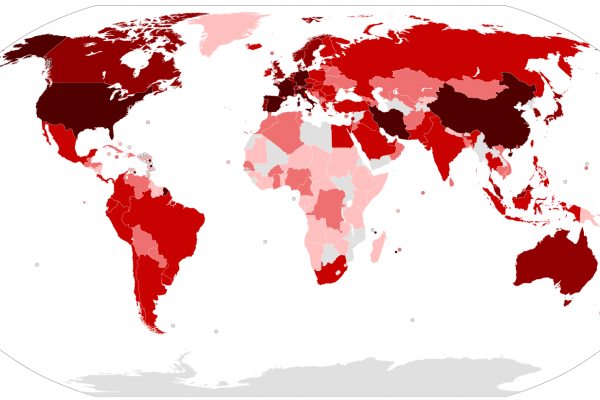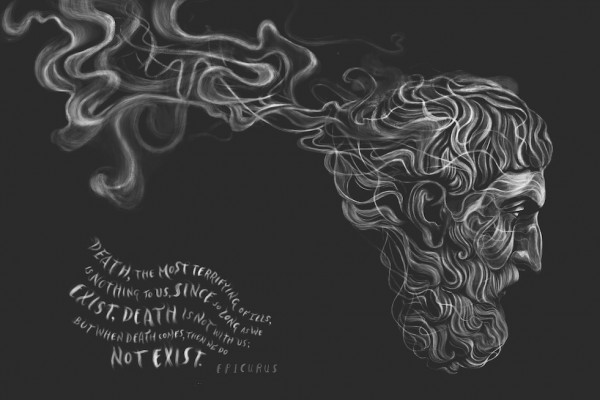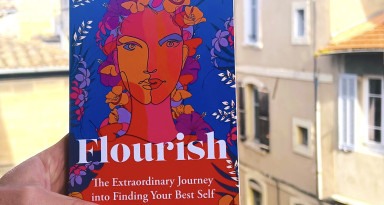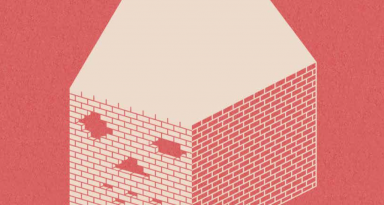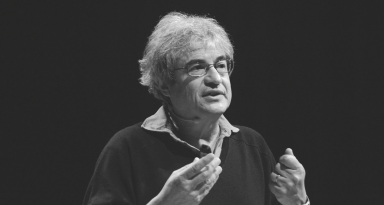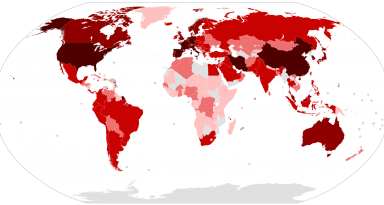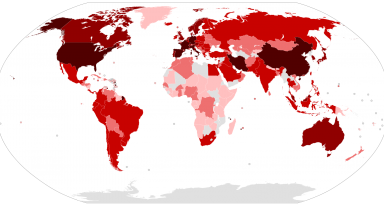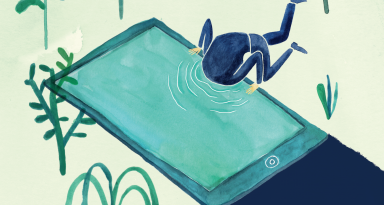We are publishing submissions about the COVID-19 crisis from readers daily on New Philosopher in the hope that it can help us all make sense of what is happening, and as a historical record of how it made us feel. Here are your thoughts, from around the world.
By Michelle Ma, Wellesley, USA
COVID-19 has indubitably changed the way we live, from external changes such as school shutdowns and quarantine regulations, to internal changes— the most notable one being a change regarding the way we connect. Last week, my college announced that the campus would be shutting down all regular activity, that classes would henceforth be conducted virtually, and that most of us would have just a few days to evacuate the premises. It seemed like the immediate result of this announcement was the destruction of connection— no longer would we bump into a classmate in the dining hall or stop by a professor’s office to exchange a few words, simple staples of studenthood so essential to college life suddenly stripped away. Even now, I am under a strict 14-day quarantine in Shanghai, thousands of miles away from Wellesley.
Yet amidst the external, imposed isolation, I see such a blossoming of connection, in the abstract. When the shutdown was announced, I was sitting in my Environmental Economics class and twenty-something students were glued to their phones reading the email, wailing and panicking about what they were going to do, how they were going to get home. My professor said, “Since it’s obvious that this lecture isn’t as important as what’s happening right now, I’ll stop my lecture here. But I just want to let you all know that you can always find me for help— if you can’t find a place to stay, I live just down the road, we have a guest room. I’m serious, I’ll drive you, just let me know when. I don’t want any of you to worry— that’s what I’m here for.”
Professors, students, families, and alumni, in the face of a shared threat, drew together and lended support to one another. Just a day after the college shutdown was announced, students organized last-minute commencement ceremonies, senior traditions. Friends reached out to each other to wish each other safe travels and exchange tearful goodbyes. And now, sitting in my room with my family members, I feel firsthand the strength of community, of having people around that care about you. Grades are the last thing on my mind. It’s funny that what threatened to pull us apart— the coronavirus— is itself spread through human connection, and yet it’s human connection that is really the most important antidote. By pulling together and giving part of our selves to the community, we can do something about the pandemic, and at the same time allow the pandemic to do something for us: forge a path forward in which we emerge stronger, kinder, wiser.
